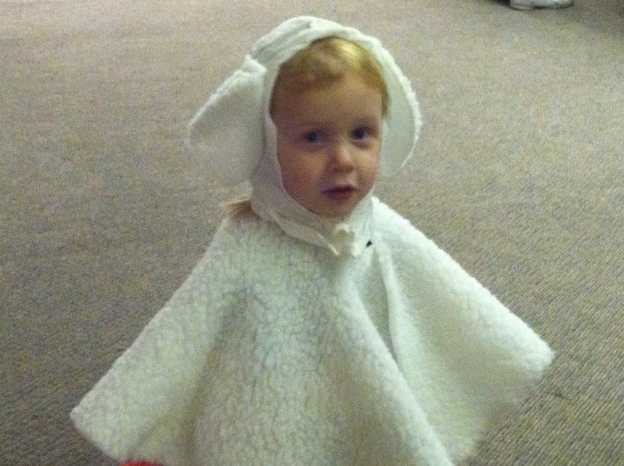August 30, 2015
Tradition tells us that the author of the book of James was the brother of Jesus. James was not one of the original twelve disciples, but he quickly became a leader among the believers in Jerusalem after Christ’s resurrection. In the greeting of this letter, James addresses “the twelve tribes scattered among the nations” (1:1) so we can imagine that his intended audience includes Jewish followers of The Way who have fled from Jerusalem after the stoning of Stephen.
Christianity was in its early stages; it was still considered a Jewish sect. Followers of Jesus weren’t even called Christians yet, but they were already experiencing persecution. James wrote to these believers, who had scattered into the world beyond Jerusalem, to encourage them in their suffering, and to give them guidance.
We have just spent five weeks listening to Jesus describe himself as the “Bread of Life.” Jesus has used very graphic language to insist that, if we are truly going to be his followers, we must take him into ourselves and become like him. Lip service won’t do: we must go all in if we are to become true disciples.
We don’t know if James was present when Jesus gave his “Bread of Life” sermon, but it seems to me that he must have understood what Jesus meant. In today’s passage from James, listen for the connection he makes between simply hearing the word and doing the word. For James, and the people to whom he wrote, going all in for Jesus was guaranteed to be a risky business, but failing to commit carried an even greater risk.
Every generous act of giving, with every perfect gift, is from above, coming down from the Father of lights, with whom there is no variation or shadow due to change. In fulfillment of his own purpose he gave us birth by the word of truth, so that we would become a kind of first fruits of his creatures.
You must understand this, my beloved: let everyone be quick to listen, slow to speak, slow to anger; for your anger does not produce God’s righteousness. Therefore rid yourselves of all sordidness and rank growth of wickedness, and welcome with meekness the implanted word that has the power to save your souls. But be doers of the word, and not merely hearers who deceive themselves. For if any are hearers of the word and not doers, they are like those who look at themselves in a mirror; for they look at themselves and, on going away, immediately forget what they were like. But those who look into the perfect law, the law of liberty, and persevere, being not hearers who forget but doers who act–they will be blessed in their doing.
If any think they are religious, and do not bridle their tongues but deceive their hearts, their religion is worthless. Religion that is pure and undefiled before God, the Father, is this: to care for orphans and widows in their distress, and to keep oneself unstained by the world. – James 1:17-27
James seems to have just two questions in mind here. First he asks, “Who is God to you?” Then James wants to know, “Who are you to God?”
It only takes a couple of verses for James to explain who God is to us. He is Father, Creator, the giver of life and light. God is unchangeable, and therefore dependable. God is truth and righteousness, fulfilling his own purpose in us. And that brings us to the second question, “Who are you to God?” Continue reading →




